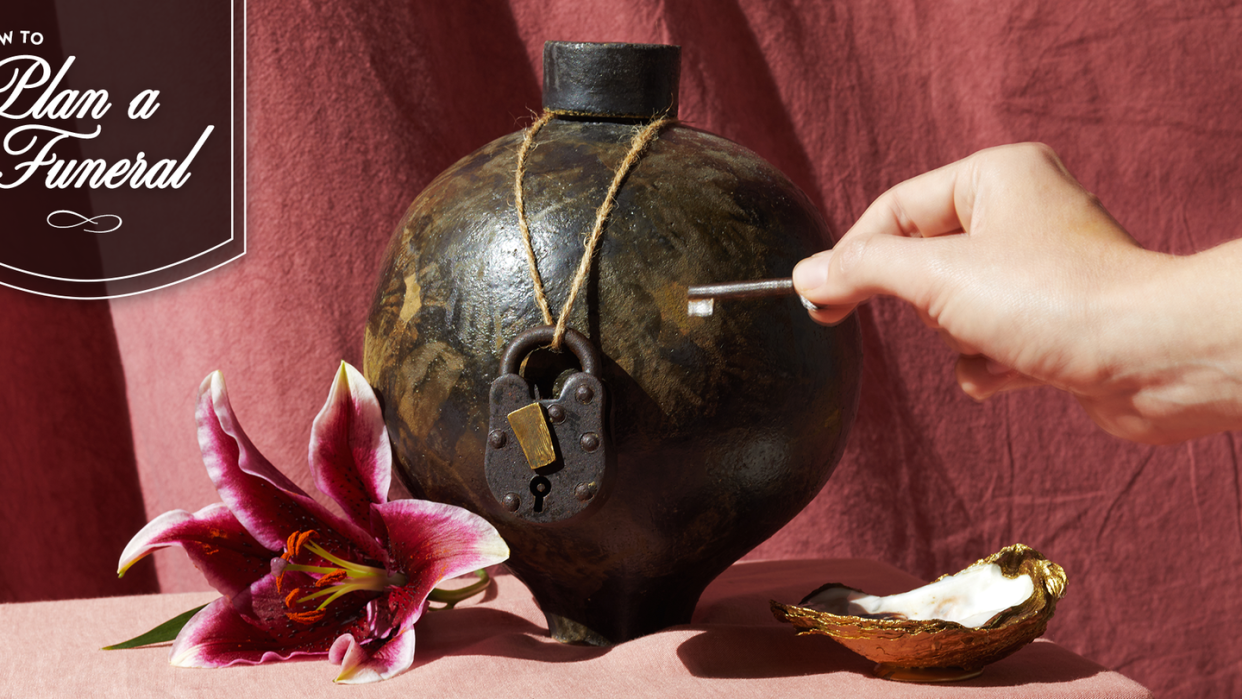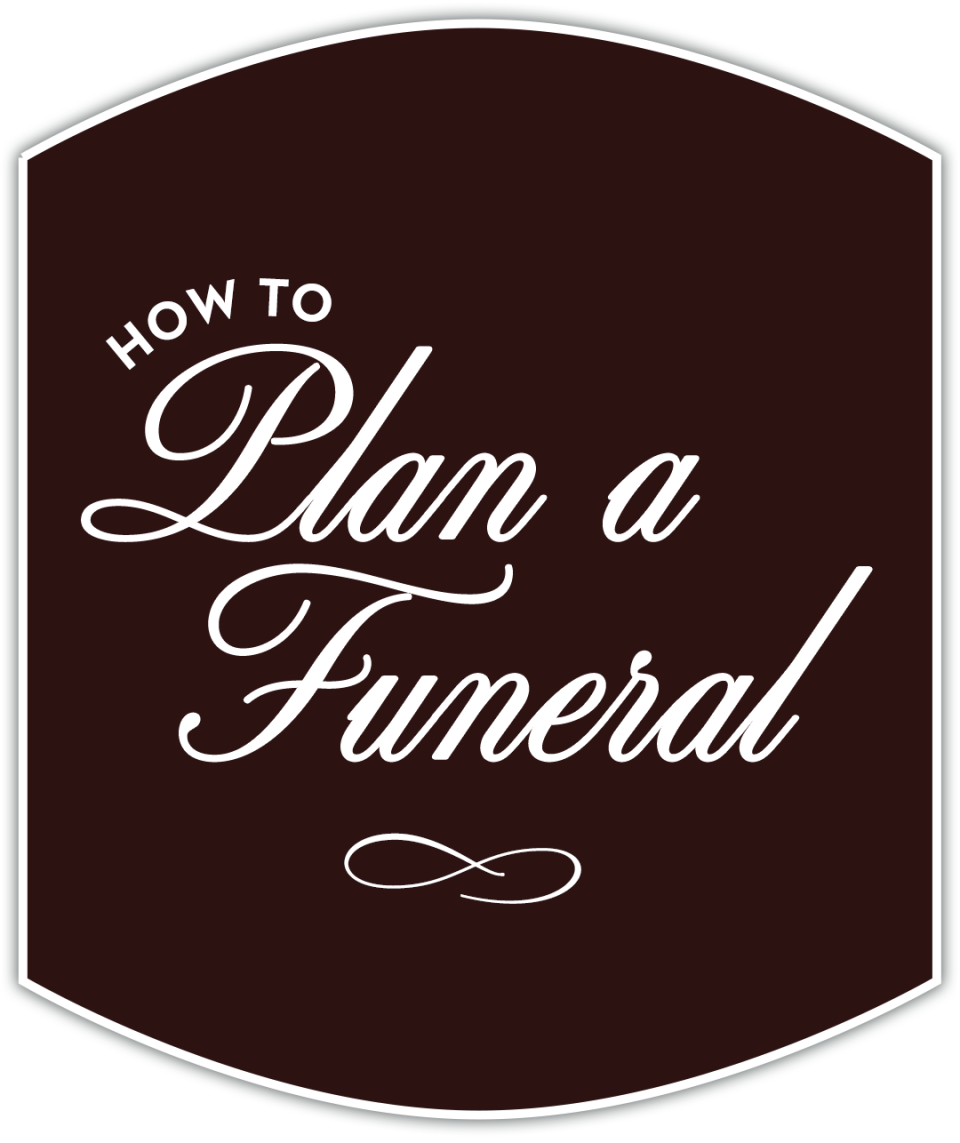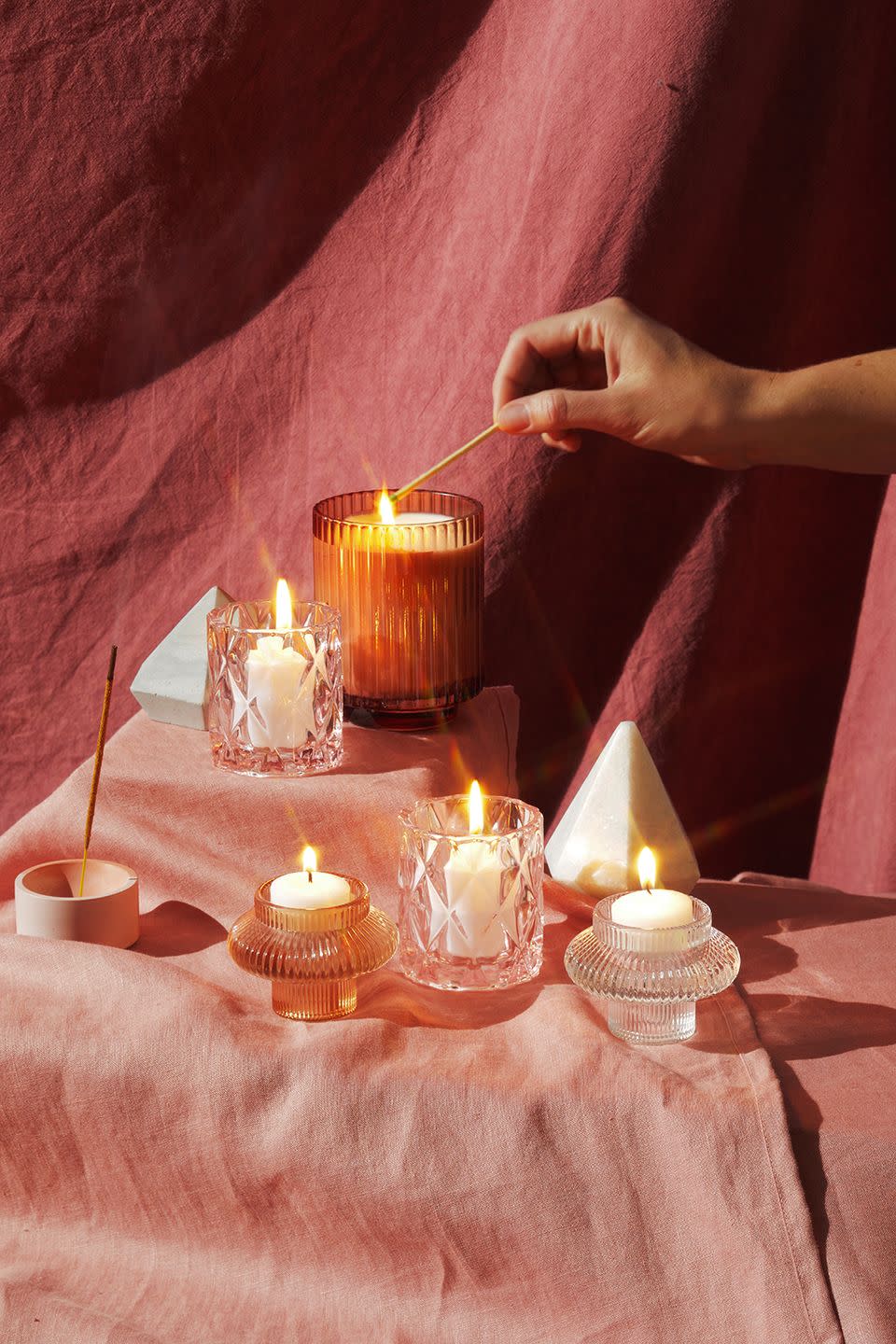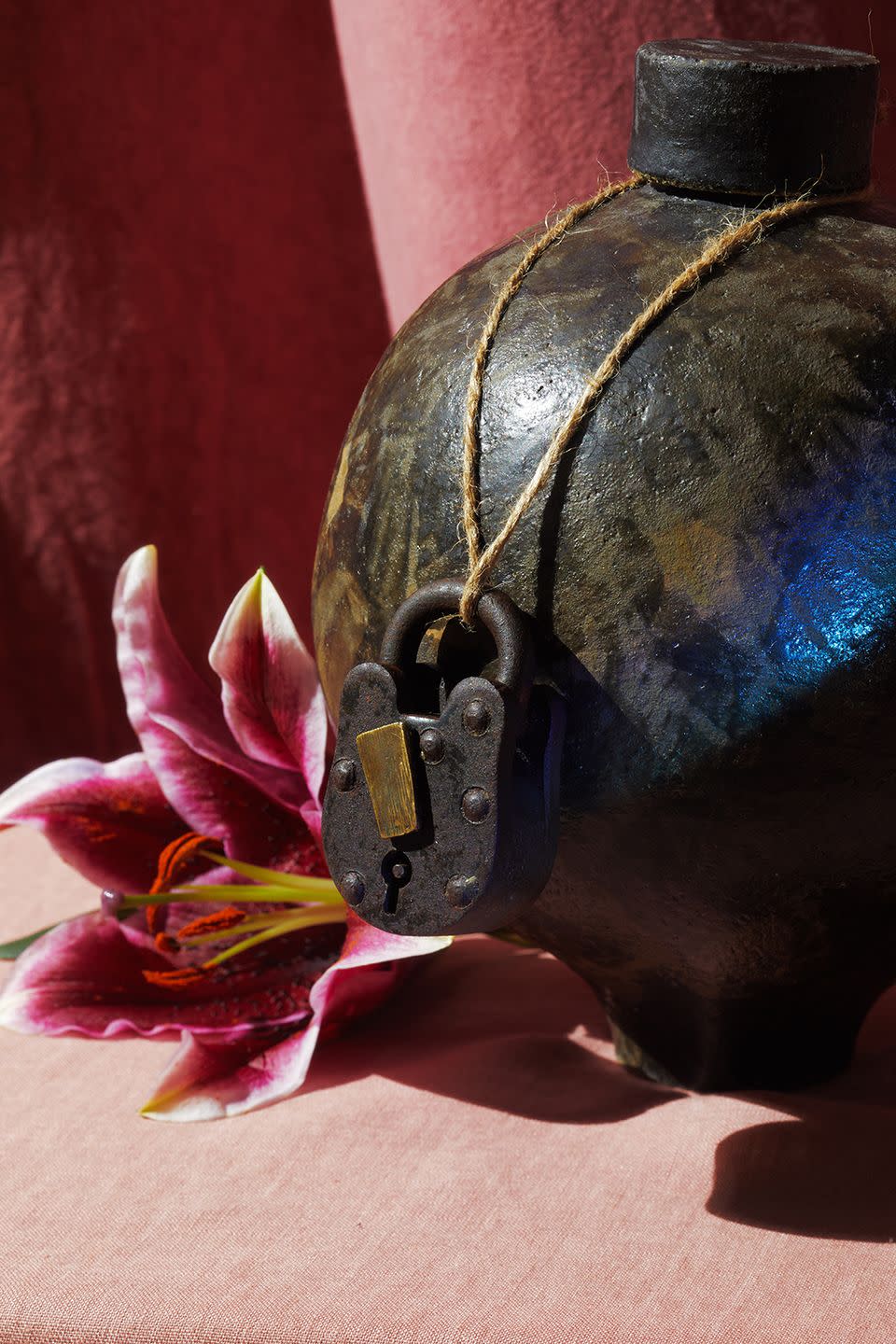I’ve Been a Funeral Director for Two Decades. This Business Is Not What You Think.


To work as a funeral director is to strike a balance between running a business and providing a service — and comfort — to people during a difficult time. Funeral directors are responsible for everything from transporting the recently deceased person’s body from the place of death to the funeral home to planning and carrying out the funeral service, and much more.
Craig Tuma knows these tasks well. He has been in the funeral home business since his early 20s and has owned Valley Memorial Funeral Home in Gillette, N.J. since 2001. In his own words, Tuma shares how he got into this line of work, why he loves it and what he wishes the families he works with knew.
In high school, I took a career aptitude test, and the results were funeral service or pharmacist. My first thought was, That's weird. But I had a close friend in high school whose father, John Gleason, owned a funeral home. I talked to Mr. Gleason about it and he told me I'd make a great funeral director.
But I wasn't convinced. Instead, I went to Providence College to study physical therapy. Come junior year, I took another career aptitude test. And again, it came up funeral service. I thought, They must really have a shortage of funeral directors.
But then I actually visited a few funeral homes in the Providence area. I was intrigued by the idea of running a company, of owning my own business and of helping people. I'm not really a behind-the-desk kind of guy.
And that was the beginning.

The funeral director has a big — and varied — job.
I think funeral service is a calling. It takes a certain personality to read and understand a situation and provide the appropriate service. Every funeral is different. The circumstances of every person who comes into the funeral home are different. We handle all types of family dynamics including families that have siblings who may not have talked to each other in many years. You never know what you're going to get when that phone rings.
Traditionally, a funeral director is responsible for taking the initial call and getting the decedent into our care. Then we plan, coordinate and conduct whatever type of funeral service the family wants, including organizing the layout and setting up flowers, register books and prayer cards. We prepare the decedent’s remains and take care of the burial or disposition of the body. We also request and fill out the death certificate and create obituaries.

There’s also merchandise involved, in terms of a casket and a burial, and then we have to pay the third parties. We itemize everything because we're highly regulated by the Federal Trade Commission.
In addition to all of that, the funeral home owner (I’m both the owner and the director) has to run the business. When something breaks, you’re responsible for repair and maintenance. You have to establish a budget and negotiate contracts with casket companies and other suppliers for things like embalming fluids.
I'm in a small town so I've had the privilege of getting to meet a lot of people, but that also makes it challenging, because I have to hold back my grief and serve the family correctly when someone I know dies. Not to say that I haven't cried with many families, but I have to get them through that time in a professional manner.
There's been a lot of change in our industry since COVID. It put a halt to anybody celebrating life for two and a half years. We weren't allowed to have people in our building and people didn't want to have big gatherings. We served families, but they were mostly directly cremated. Even with a direct burial, cemeteries were only allowing one or two family members plus me and clergy.

Funeral services are for the living.
The funeral service is an integral part of beginning the grieving process. From the visual of the decedent laying in a casket in repose to spending time with family and friends remembering, to sharing photos looking at the past and talking about the future in their grandchildren and great-grandchildren, and then celebrating either religiously or non-religiously. And people show up and you have no idea how maybe your loved one has touched that person's life. That's comforting.
People will tell me their loved one didn’t want a funeral service and I will ask them, “But what do you want?” Funeral services are for the living. It's you that has to grieve.
Funeral services aren't just one way. They can be customized around the family's needs. A lot of times, families will have their loved one in a care center for two, three or five years and they've gone and visited every day or once a week so they feel like they've had that closure already. Or they were there when the person died, whether it's at their home or a care center, and they feel like they had that opportunity to say goodbye.
Nobody wants to have to bury their loved one. It’s nothing that you look forward to doing, but 99% of the families that we serve are so appreciative of taking that time to celebrate that life.
Call me before you need to.
The best thing that you can do is to reach out to your funeral home prior to the need. Then you can take that information home, digest what we discussed with you and make your plans. Then you can decide financially if it's beneficial for your family to prepay.
There are two main reasons why people prepay for their funeral. Number one is for spending down to qualify for Medicaid. Most states allow you to pre-fund your funeral so it goes into a trust that’s still in your family's name. The funeral home doesn't see a dime of it and it doesn't bind you to a particular funeral home. Those monies are no longer looked at as an asset to the recipient and then they can qualify for Medicaid and the money's there at the time of need.
You can also prepay as part of estate planning. It’s hard to discuss what will happen in the future, whether it's for yourself or for a loved one. But when you're ready to make an estate plan so that you lessen the burden on your children or the loved ones that you're leaving behind – that's a good time to talk about funeral services.
If you have questions regarding funeral service, my advice would be to go to the National Funeral Directors Association and talk to multiple funeral homes. Get informed so you can make the best decision for you and your family. There's no right or wrong way to do a funeral. What's best is what brings comfort and peace and helps you with the grieving process.
There's no charge to ask questions and get the necessary information from the proper source. For instance, a lot of people don't understand that they can have full services with the visitation and funeral service before cremation.
Find out about the funeral home, its history, how long the person has been there as a director or owner. Ask who they are and if they are involved in the community.
Some other questions you can ask:
Can I hold a viewing, funeral and burial all in one day?
What's the difference between burial, cremation and entombment?
Does the casket have to be open or closed?
What are the types of caskets that are available?
How much is all of this going to cost?

Funeral planning is a way of life.
For people considering a career in this industry, keep in mind that it's 24/7, 365. A Saturday is no different than a Tuesday in this world. If it’s a holiday, same thing could happen, and you have to work.
I'm not saying I don't go on vacation or have days off, but my phone's never off. I'm constantly called to counsel and work with families — even at three o'clock in the morning. I’m sitting down to dinner at six and I get three calls. I'm on vacation and I get four calls and my staff can't handle it, or it's one of my friends in town who wants me there, so I'll fly home, serve the family and fly back.
We are highly mandated. We are licensed professionals. We have to take boards, we have to go to proper schooling and achieve the proper credits and get certain credentials. We have to get continuing education credits to maintain our license. We're constantly inspected. We have to follow OSHA guidelines. If you’re interested in getting involved in funeral service, contact your local funeral director. Find out what the steps and qualifications are.
It's a way of life more than a career, for sure. But it’s an incredibly rewarding profession. The appreciation of the families is second to none.
You Might Also Like

